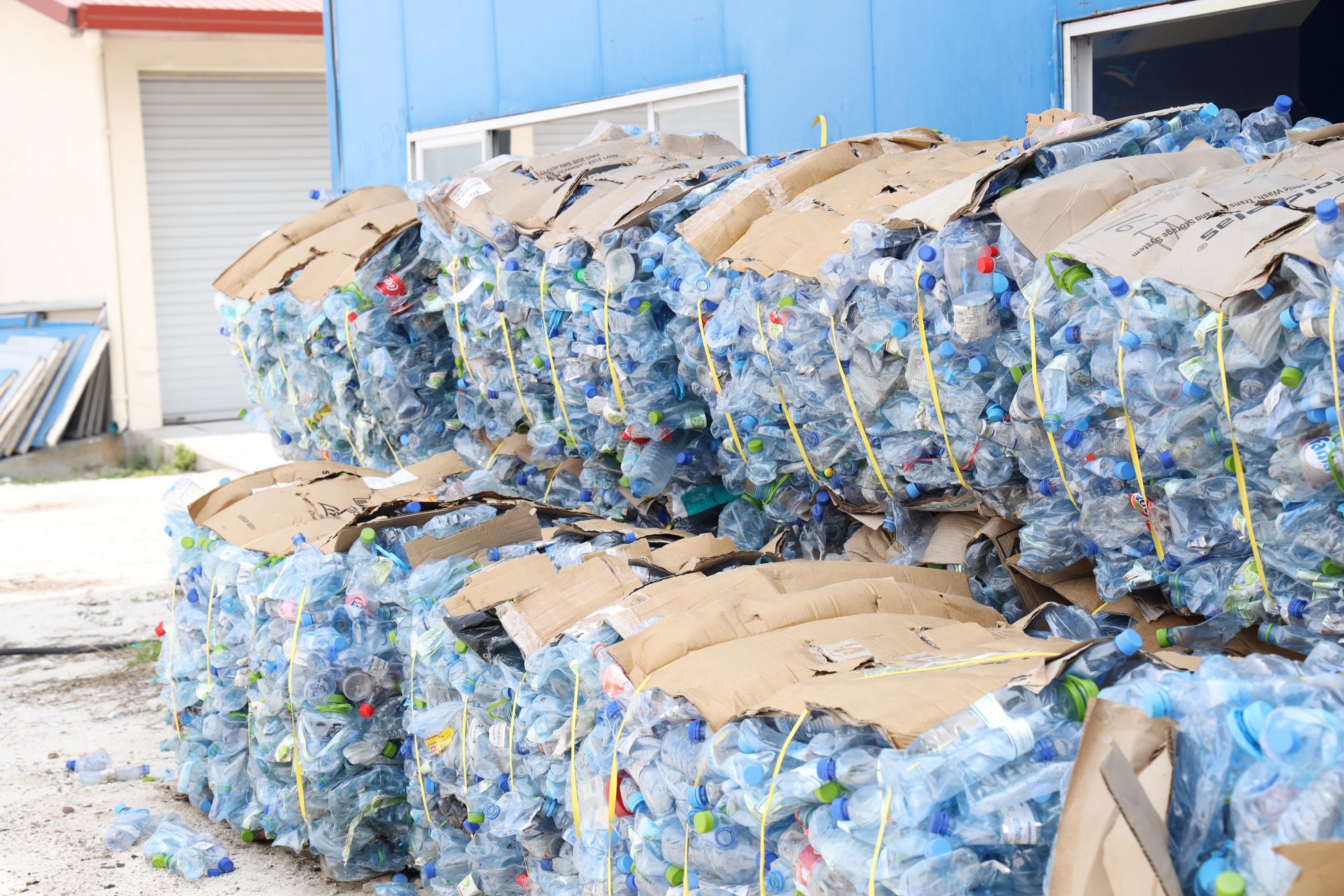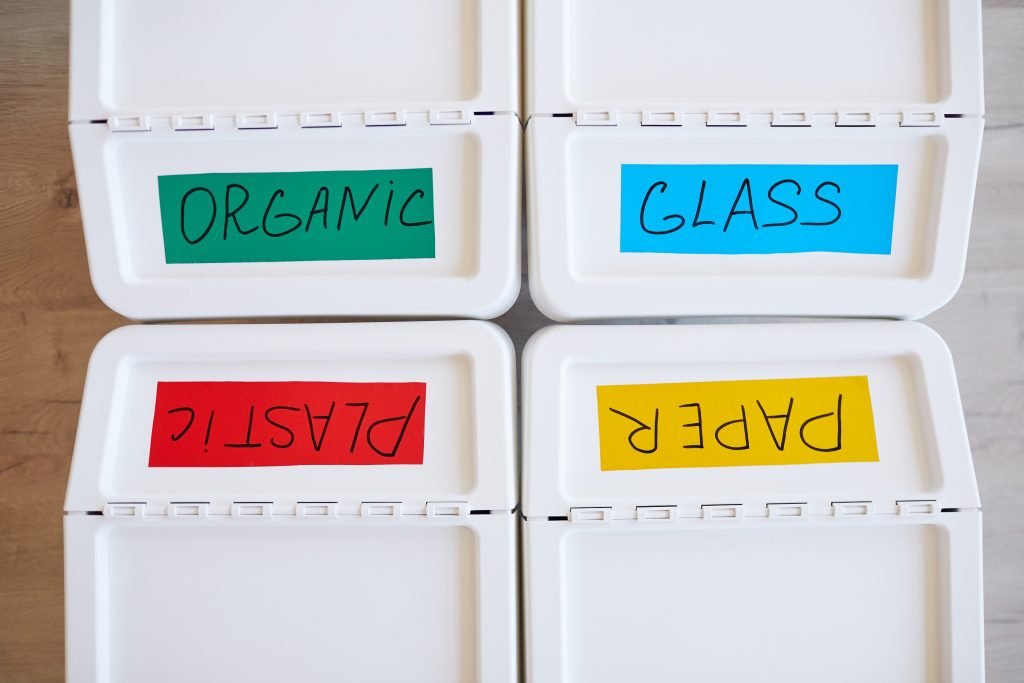
Proper waste management is both the end goal and one of the main objectives of said goal. It is not just a desirable result, but also a crucial responsibility of humans.
Considering the fact that our species is the biggest consumer on the planet. And therefore, are also responsible for the creation of the majority of waste.
Even though it is impossible for any living being to grow without generating some form of waste. Our culpability rises beyond the other residents of the earth. As we produce more waste than all other species combined.
Moreover, the majority of waste we produce these days is not even biodegradable. So, we are not only polluting the planet for living beings today but for generations to come.
This is why we need a comprehensive waste management policy. With clear objectives that guide us towards sustainable development. In this article, we will take a look at a few such objectives, and how they can help turn the tide of human wastefulness.
At this point, it is not a stretch to say that we cannot stop human development. We have set a breakneck pace for growth and people in both business and politics lack the will to slow it down. Even if it means the destruction of crucial ecosystems.
While we can’t stop this runaway train, we can ensure that it doesn’t leave a trail of destruction in its wake. By investing in ecologically sustainable development powered by proper waste management.
This means providing cheap waste collection services around all major sources of pollution. As well as investing in waste recovery jobs and recycling plants.
This will not only help us stop human waste from polluting our lands and rivers. But also increase the contribution of the waste sector to the GDP of the nation.
Another objective of waste management should be the prevention of waste generation. This goes beyond just collecting the waste that we create.
Instead, it focuses on making fundamental changes in the design and manufacturing processes. So that we not only use more ecologically sustainable materials. But also reduce the volume of waste we produce as a result of the production process.
Since logistics is such a big part of our global economic system. We should apply the same principles to packaging and shipping as well. So, we can reduce the number of single-use packages and bags strewn across the globe.
If we can reduce the waste that gets created before we consume a product. It will also reduce the waste we have to manage and recycle after we’re done with it.
One of the biggest issues with the current waste management system in place across the globe. Is the abundance of single-use non-biodegradable items in our product cycles.
No matter how much waste we collect, if we can’t do anything with it, it will only take up vital space forever. Therefore, a crucial objective of waste management should be increasing reusing and recycling.
This means investing in special sorting and material recovery facilities. That can recycle materials before they reach a landfill.
We have seen examples of this happening across the world. With companies creating all sorts of business and consumer goods from recovered plastics.
By encouraging such enterprises, we can add new jobs for people in the garbage industry. Who can improve their financial condition, while also contributing meaningfully to the environment.

While waste management can be a profitable business if done properly. Moneymaking shouldn’t be the only incentive to do it.
Otherwise, we end up with situations like we currently see in places like Asia and Africa. Where poor communities can’t access proper waste management services.
This not only degrades their living conditions considerably. But also has a negative impact on the overall human ecosystem in general.
Since such areas often have a larger density of people crammed in together. Who produces a significantly larger amount of waste. When compared to more affluent neighborhoods with fewer people.
The effects of Human waste on Marine life – Things that make it worse
However, despite the physical distance, we put between these two places. We all share the same water and food table. And any negative impact that human waste has on these sources. Will be easily felt by people from all over the world in years to come.
While we may dream of creating the perfect system where there is no waste leftover. It is a fact that we can’t do so with the current level of human technology.
So, we will have to prepare for a way to ethically dispose of waste as a last resort. Since the current system is too unregulated to be any good.
This is evident by the large garbage patches that we see in almost every city. And even the humongous garbage islands that are floating off at sea.
This means focusing on improving landfill management. As well as introducing meaningful legislation to outlaw certain toxic pollutants. So, we can reduce the volume and severity of the current garbage disposal issue.
The problem of human waste goes beyond what we consume ourselves. Our industries often create toxic chemical waste that contaminates the lands and rivers.
This not only poses a threat to the animal and plant species that rely on that ecosystem for survival. But also to the human population, who consume these tainted plants and animals.
We have seen evidence of this in places all over the world. Where the local population developed debilitating diseases due to corporate negligence.
India’s challenges in waste management
To prevent this, an important objective of any waste management policy. Should be the reclamation of contaminated lands and water sources.
This means investing in systems that help these places recover from the damage. While also implementing liabilities on companies that are responsible for this waste.
These were just a few objectives that should be always kept in mind while developing a proper waste management system. We hope that if more countries adopt the same, we will see a better future for humanity in general.
Leave a Reply